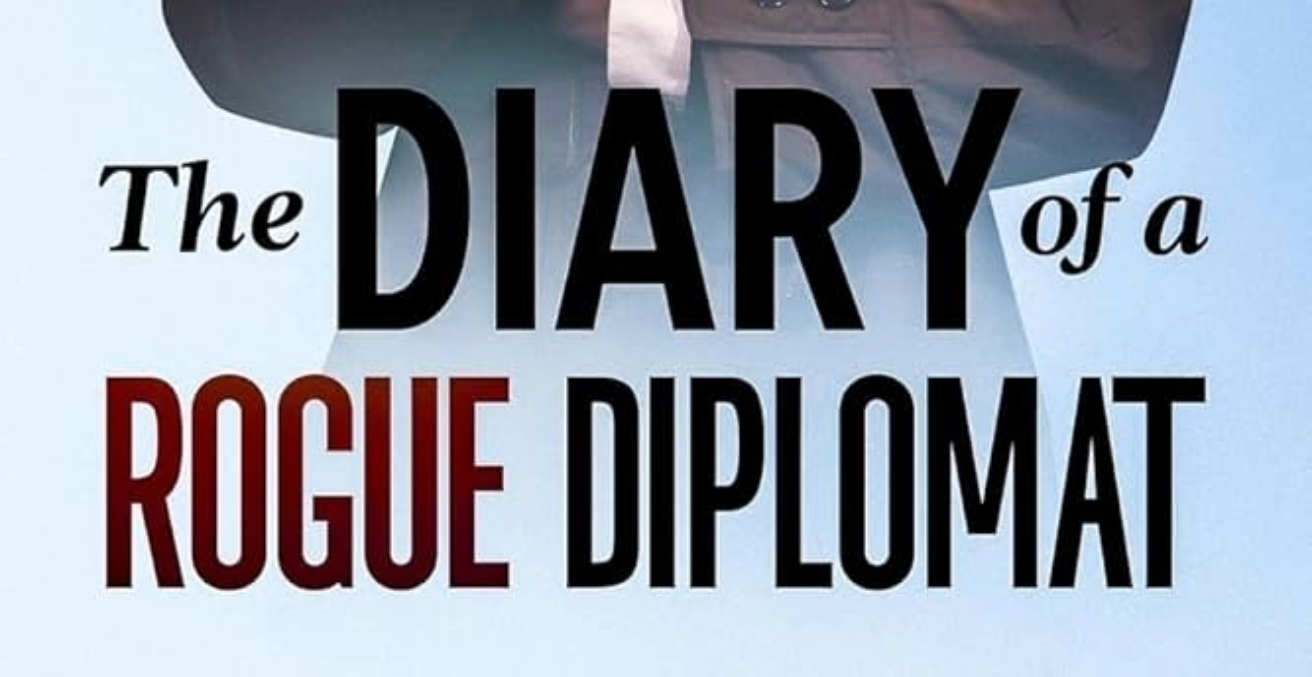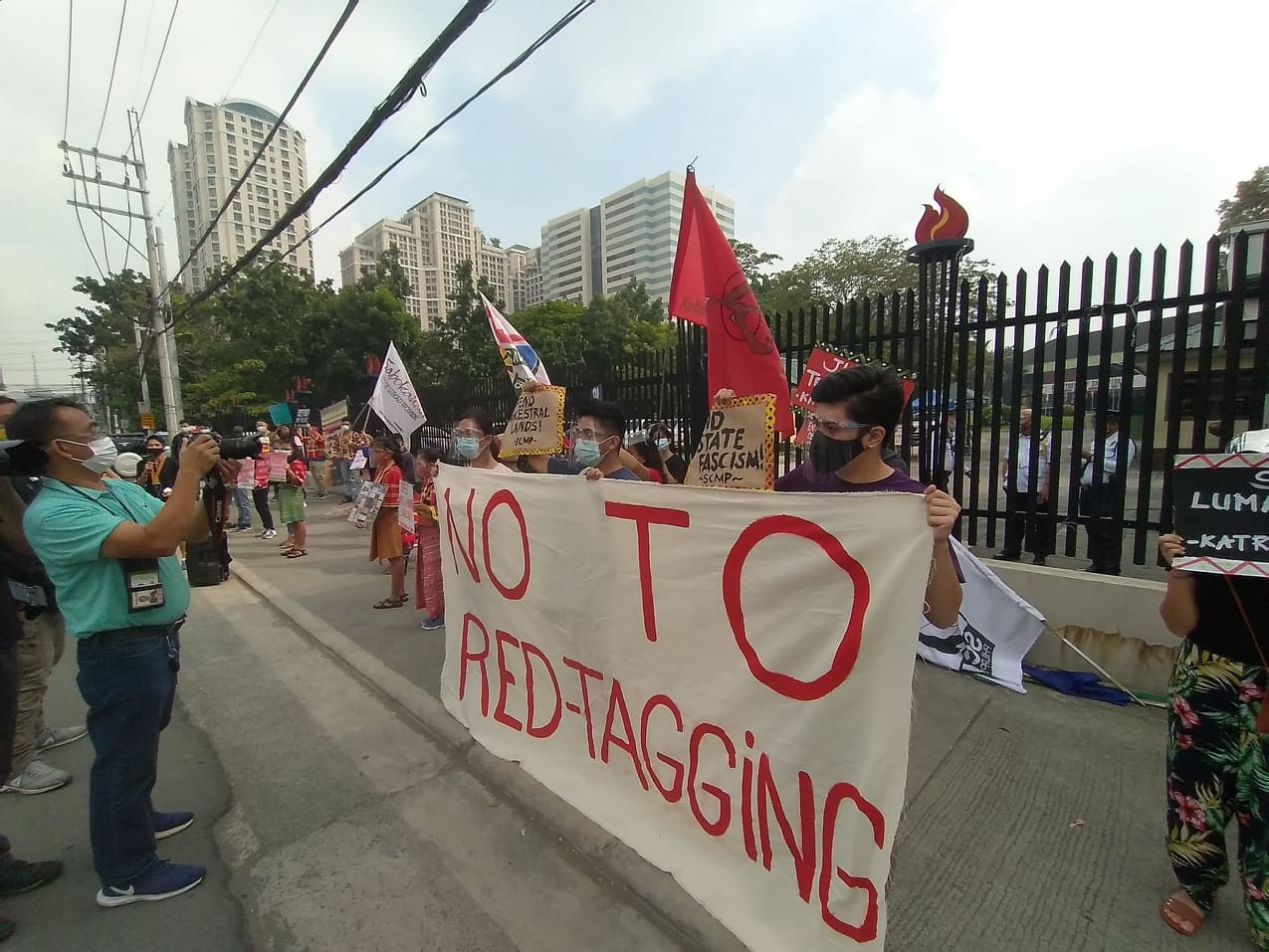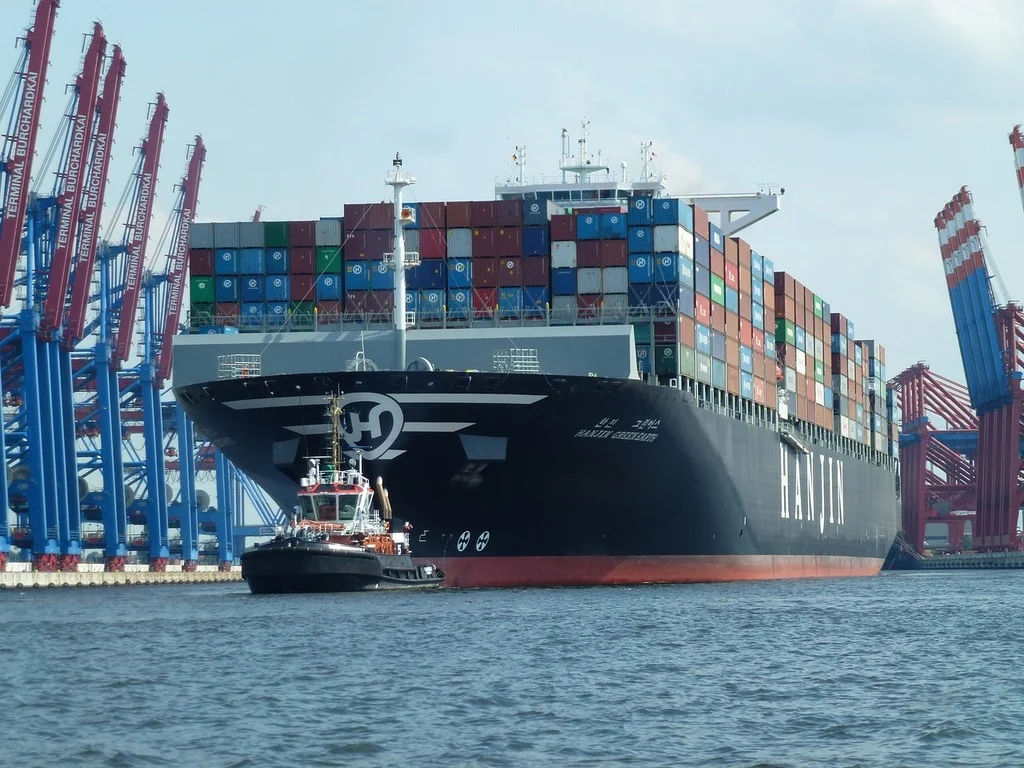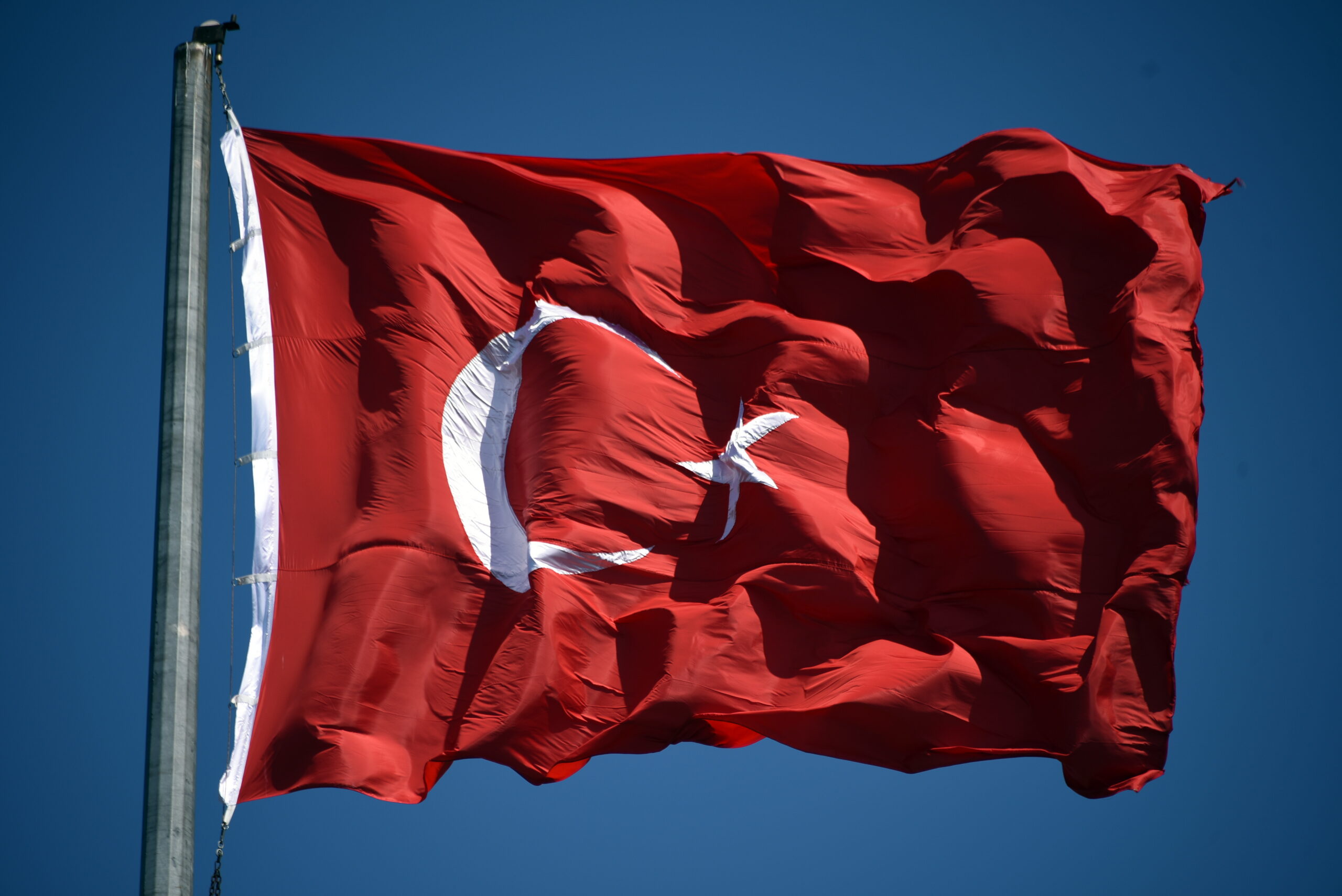In The Diary of a Rogue Diplomat, Bruce Mabley delivers a sharp critique of Canadian diplomacy and Western foreign policy. Drawing on postings from Paris to Pakistan and Türkiye, his memoir blends caustic wit with hard-edged reflections on the costs of following Washington’s lead.
Bruce Mabley is Principal Researcher for the Canadian think tank Mackenzie-Papineau Group. Diary of a Rogue Diplomat is a reflection on his career in the Canadian foreign service, which included postings in France, Pakistan, Egypt, Jordan, and Türkiye. Mabley gives the usually sedate genre of the diplomatic memoir a sharp edge, being highly critical of the diplomacy of the United States and its close allies, and in particular, of the integrity and effectiveness of his former employer, the Canadian foreign ministry.
While mounting this critique, Mabley frankly acknowledges that he is possessed of a “naturally caustic demeanour” tinged with “rampant intellectual arrogance,” and he confesses to a “burning impatience” with his former employer and its staff. He also avers that he uses humour and irony to tell his story, and certainly a sardonic wit keeps his narrative moving along. But it seems unlikely that those of his (thinly disguised) former colleagues who are the targets of his acerbic attacks will appreciate his humour. As this reviewer’s knowledge of the Canadian foreign ministry and its former personnel is non-existent, he has no way of judging the justice of Mabley’s comments on these subjects. Suffice to say that if you harbour a visceral contempt for a slew of selected Canadian institutions and diplomats, as well as the occasional politician and journalist, then this is the book for you.
Mabley is a linguist—he wrote his doctoral dissertation on Camus in French and subsequently learnt Arabic (though he does not claim full fluency in it) and Turkish. So, one object of his “impatience” is “Francophone ghettoization:” the way in which Canada’s policy of English/French bilingualism is stifled in bureaucratic practice. Mabley devotes a chapter to the issue, championing the use of French and criticising the way in which Anglophone officials discriminate against those who use French. Of course, this bilingualism is only one aspect of the ever-contentious question of the place of Quebec and Francophones within the Canadian polity as a whole. On his first posting in Paris, Mabley found himself enmeshed in a diplomatic relationship which was not bilateral but triangular: the relationship between Ottawa and Paris was in constant tension with that between Ottawa and Quebec, and with that between Paris and Quebec as well.
From Paris, Mabley was posted to the Pakistani capital of Islamabad and, although it came near the beginning of his career, his experience in Pakistan clearly impressed him, because it takes up a quarter of his book. These were the mid-1980s, years when the Cold War was nearing its culmination, and the top priority of the Western embassies in Pakistan was to support the US-led campaign to evict the Soviet invaders from Afghanistan, a campaign waged by proxy through the mujahideen resistance. As became clear on 11 September 2001, this policy was fraught with unintended consequences, as evidenced by the story of Ahmad Khadr.
Mabley came across Khadr in the border city Peshawar when the Egyptian-Canadian computer expert was soliciting funds from Ottawa to help his NGO build medical facilities for the Afghan refugee population. Mabley discovered that under its humanitarian cloak, Khadr’s organisation was a conduit for funds from Islamist groups in Saudi Arabia and the Gulf states, funds devoted to strengthening the fundamentalist influence among the Afghan resistance. After the Soviet withdrawal from Afghanistan, Khadr stayed in the region and by the 1990s he was openly involved in Islamist terrorist activities in Pakistan; nevertheless, his “humanitarian” credentials were still so widely accepted that he continued to be supported by the highest levels of the Canadian government. It transpired that Khadr was a close associate of Osama bin Laden and he was ultimately judged to be the seniormost Canadian member of al Qaeda. He was killed in a firefight in 2003.
One of Mabley’s themes is that the habit of Canada and other Western countries of supporting Washington regardless, not only often ends in disaster but requires the endless betrayal of those countries’ own proclaimed moral principles. He’s obviously not the first to make this argument, but it warrants repeating. In the case of Pakistan, the concomitant of Western support for the Afghan resistance was Western support for the authoritarian, Islamist, military-backed regime of President Zia ul-Haq, without whose cooperation the mujahideen could not function. This was also the period of the early political career of Benazir Bhutto, who would go on to serve twice as Pakistan’s prime minister. But Zia’s maintenance in power was the price demanded for his permission for the West to support the Afghan resistance, and so for all their hand-wringing about democracy and freedom, Western governments ignored Bhutto’s calls for them to exert pressure on Zia to re-introduce democratic government.
After Pakistan, Mabley decided to concentrate his career on the Middle East, spending a year in Cairo to learn Arabic. He put his Arabic to use during his next posting in Jordan, at the time of the First Gulf War. But it was his posting to Türkiye, where his job was to engage with and report on the Syrian groups who revolted against the regime of Bashar al-Assad, that Mabley sees as the culmination of his career. As he says, the experience “changed his life … I had a cause at last.”
Political reporting by diplomats lies in the middle of a spectrum of information gathering. At one end of this is the collection of open-source intelligence—following the news, in other words; at the other end outright espionage, which has been lucidly described as “secretly obtaining other people’s secrets.” In Türkiye, Mabley was working under the auspices of the Canadian foreign ministry’s Global Reporting Security Program (GRSP). This was an initiative, launched in the wake of the manifest intelligence failure of 9/11, to strengthen the ministry’s political reporting and analysis capacity. Mabley describes his role in Türkiye as a mix of investigative journalism, diplomacy, and spying.
His GRSP role gave Mabley considerable autonomy, which he says infuriated his superiors and colleagues in the embassy in Ankara—they get his trademark short shrift. Mabley soon moved beyond reporting to a more active role, which he describes as helping co-ordinate the Syrian resistance movement, helping to protect activists from the Syrian security apparatus, and finding ways to counter the regime’s cyber-surveillance of Syrians. He states that by mid-2011 the Canadian Embassy was the best-informed foreign mission in Türkiye about the Syrian uprising.
Mabley describes the American role in Syria as a “lame policy of leading from behind,” which “became a recipe for disaster and helped create the Islamic State.” Western policy in general was redolent of “diplomatic pomposity and moral decay.” Western countries were reluctant to support the Syrian opposition because they feared they would be supporting radical Islamists, but this reluctance wound up having precisely the opposite effect of forcing the opposition to accept support from Gulf Arab Islamist sources instead, thus “radicalising the rebellion instead of making it more inclusive.”
Mabley’s book may strike the reader as abrasively opinionated, but it’s hard to avoid the conclusion that he is right: the results of Washington’s Western allies supinely following the American lead have often been calamitous. There are too many examples of disasters to be able to write off, say, that in Afghanistan, as an unfortunate outlier. His argument that Western foreign ministries, habituated to take the line of least resistance—particularly when dealing with Washington—are a big part of the problem, needs to be considered on a country-by-country basis. But some may judge it applies not just to Canada, but to their own country as well.
This is a review of Bruce Mabley’s The Diary of a Rogue Diplomat (Mackenzie-Papineau Editions, 2025). ISBN: 9781069509628.
Nick Hordern is a former diplomat and journalist. His next book, ‘Loyalty: Australians, Japanese and Espionage on the eve of the Pacific War,’ will shortly be published by Australian Scholarly Press.
This review is published under a Creative Commons License and may be republished with attribution.





